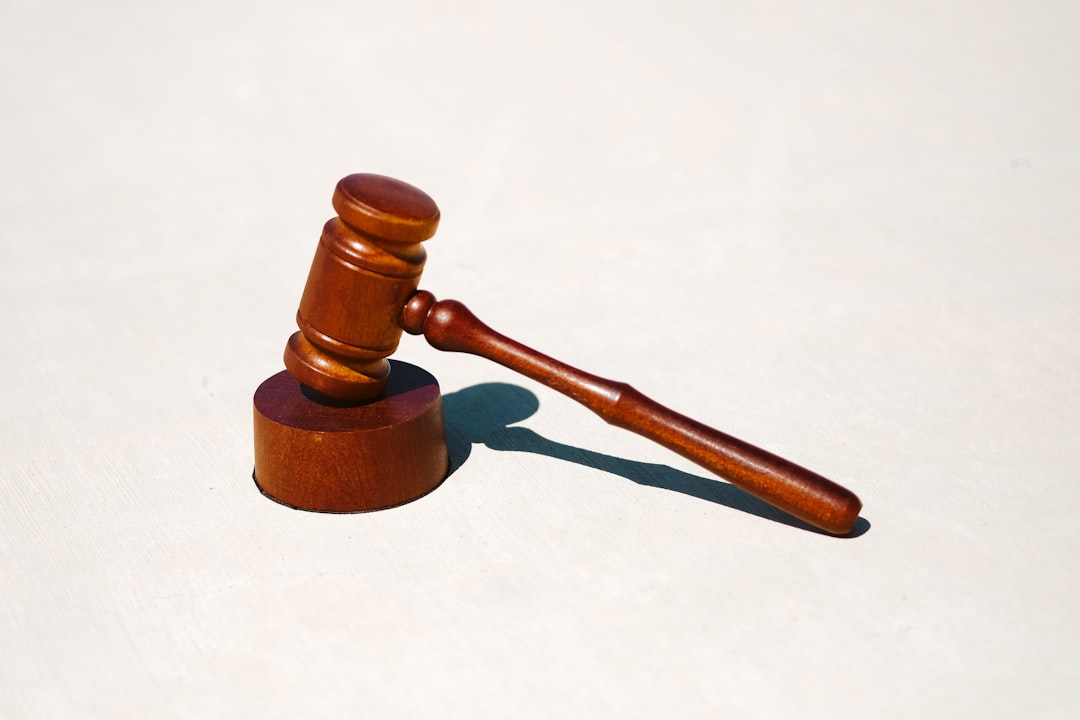Rape attorneys in Pennsylvania play a vital role in sexual assault cases due to the impact of prior convictions on trial outcomes and public perception. They navigate complex legal landscapes, challenging past convictions and presenting mitigating factors to secure justice for clients while protecting their rights against harsh sentencing based on criminal history. These attorneys are crucial in guiding survivors through the process, ensuring their testimonies are robustly defended even when faced with biased juries due to prior records.
In the complex landscape of sexual assault cases, prior convictions cast a long shadow. This article delves into the profound impact of previous criminal records on trials, focusing on rape cases in Pennsylvania. Through a Lancaster analysis, we explore how these convictions sway public perception and influence jury decisions. We dissect the challenges faced by rape attorneys navigating this biased environment and advocate for systemic reforms to ensure justice for all victims. Understanding these dynamics is crucial for transforming the legal landscape for sexual assault prosecutions in Pennsylvania.
Understanding Prior Convictions in Sexual Assault Cases
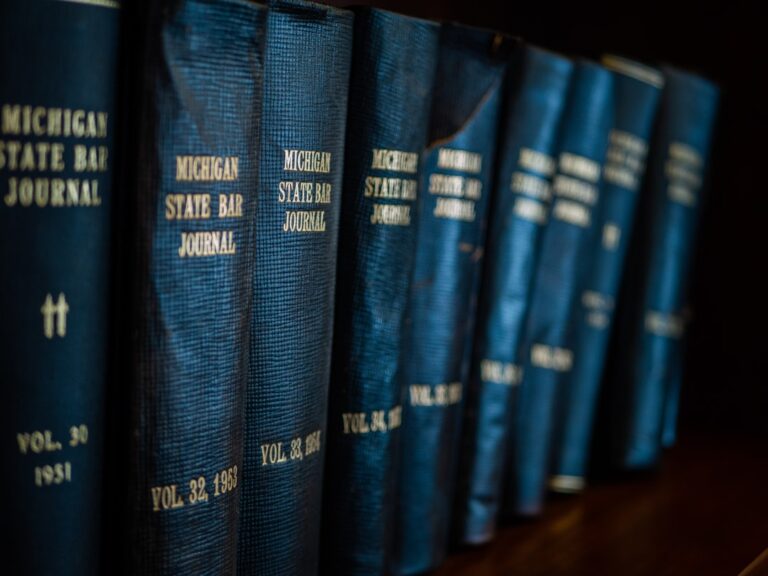
In sexual assault cases, understanding prior convictions is a complex issue that often requires the expertise of dedicated rape attorneys in Pennsylvania. These previous criminal records can significantly impact the outcome of current trials, shaping public perception and legal strategies. Prior convictions, especially for similar offenses, may lead to more stringent sentencing guidelines, with judges often taking into account the defendant’s history. This is particularly relevant in cases where motive or intent is at question.
Rape attorneys in Pennsylvania must carefully navigate this landscape, leveraging the law to protect their clients’ rights. They employ various legal tactics, such as challenging the admissibility of prior convictions and presenting mitigating circumstances, to ensure a fair trial. The goal is to achieve justice while accounting for the complexities surrounding prior criminal history in sexual assault cases.
The Bias Against Accused: A Lancaster Analysis
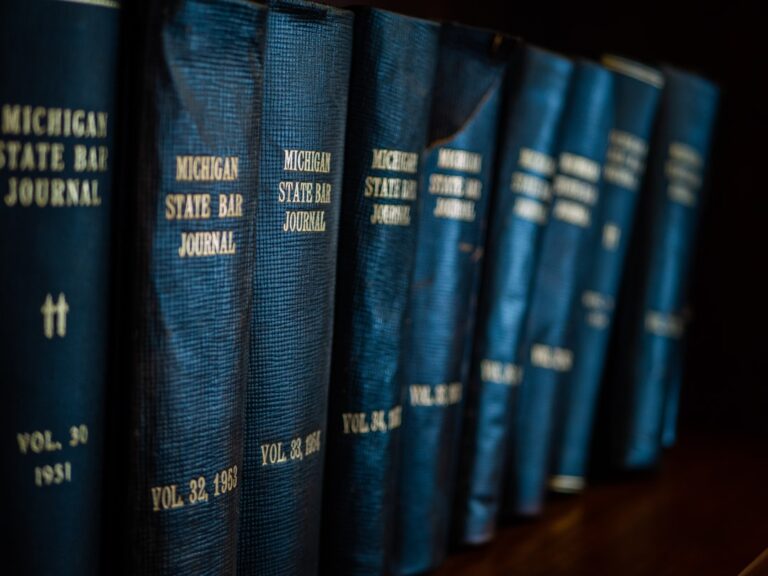
Impact on Jury Perception: Evidence and Statistics
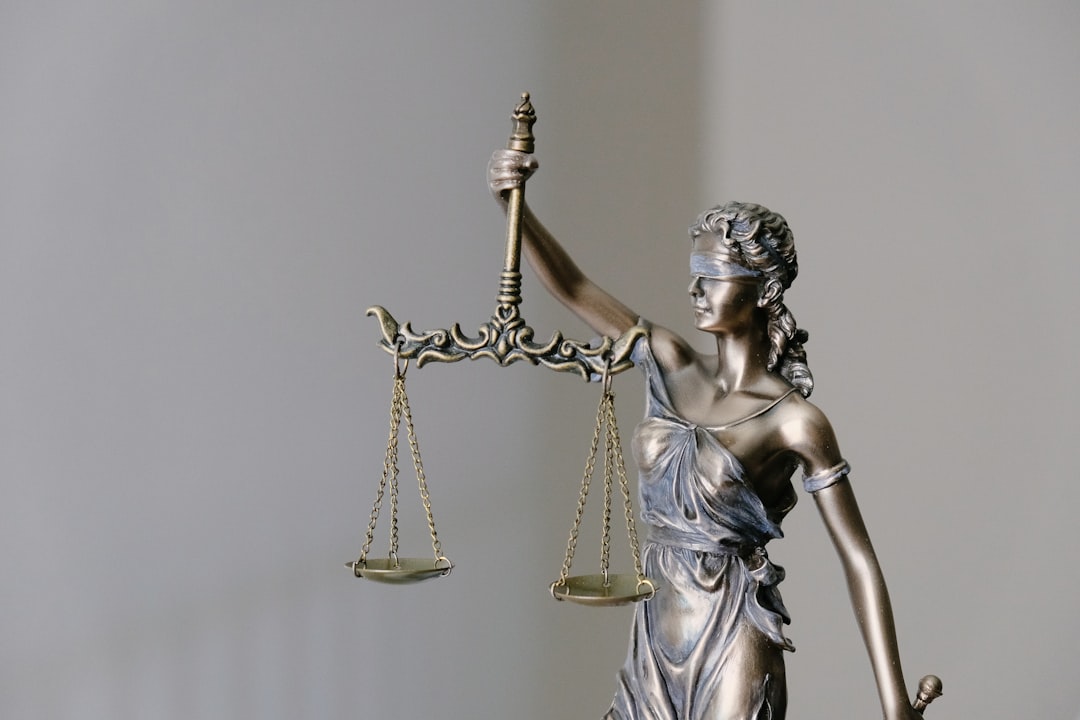
The presence of prior convictions in sexual assault cases significantly influences jury perceptions, often leading to harsher judgments against the accused. Research indicates that juries tend to view individuals with a criminal history as more culpable and less credible. This bias can be particularly detrimental for rape attorneys in Pennsylvania, where public sentiment and judicial decisions often reflect a strong emphasis on an accused’s prior record.
Statistics reveal that cases with previous convictions result in higher conviction rates and longer sentences. Studies have shown that juries are more likely to believe survivors’ testimonies when there is corroborating evidence of the accused’s criminal history, even if it may not directly relate to the current charge. This dynamic underscores the critical need for skilled rape attorneys to navigate these complex perceptions and present robust defenses for their clients.
Challenges for Rape Attorneys in Pennsylvania

Rape attorneys in Pennsylvania face significant challenges when representing clients accused of sexual assault, given the sensitive nature of such cases and the robust legal requirements for prosecution. One of the primary hurdles is navigating the complex web of prior convictions, which can significantly impact the case’s outcome. In Pennsylvania, a defendant’s criminal history, especially any previous sexual offense convictions, can lead to enhanced penalties and a more stringent legal defense strategy.
These prior convictions may invoke stricter sentencing guidelines, potentially resulting in longer prison sentences if convicted. Moreover, they can influence the selection of jury members, as prospective jurors may hold biases or preconceptions based on the defendant’s past record. This dynamic poses a complex task for rape attorneys, requiring them to craft robust defenses while addressing potential juror concerns without compromising their client’s rights and interests.
Reforming the System: Advocacy and Future Directions
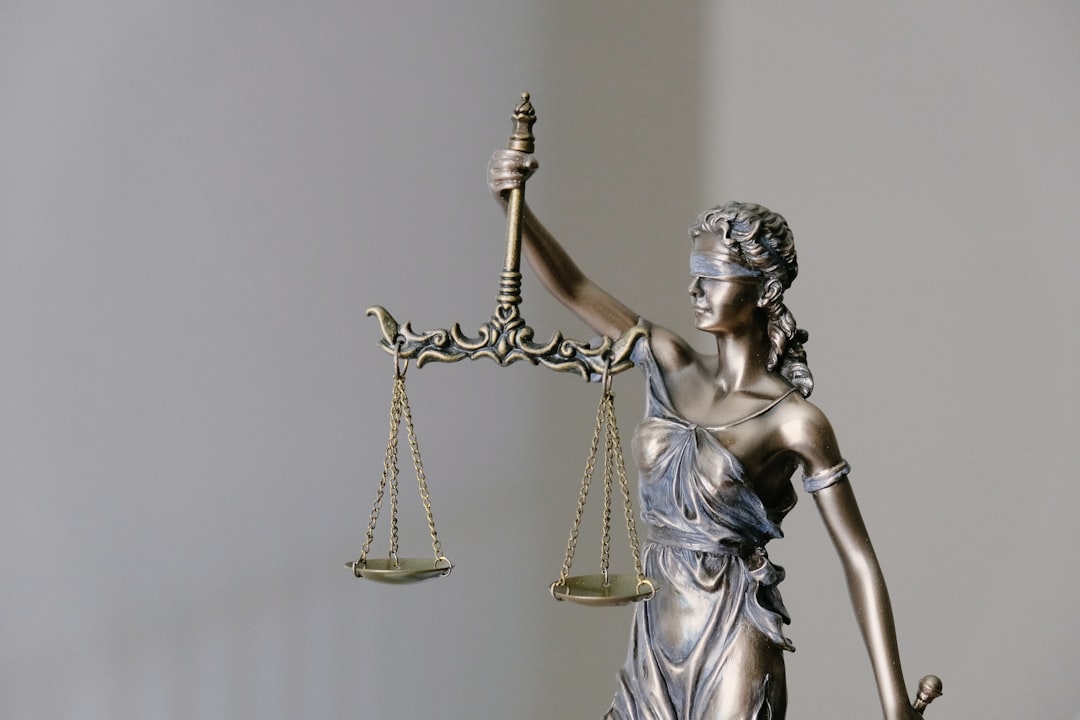
The current criminal justice system often fails to provide adequate support and protection for victims of sexual assault, as evidenced by high rates of acquittal in cases involving prior convictions. This systemic issue demands urgent reform, especially with the help of dedicated rape attorneys Pennsylvania. Legal advocates push for policy changes that prioritize victim rights and ensure fair trials. One promising direction is revising guidelines for jury selection, educating judges on unconscious bias, and promoting diverse legal representation to address potential prejudices.
Additionally, implementing more rigorous evidentiary standards and expanding access to specialized legal assistance for survivors can strengthen cases against accused individuals with prior sexual offense convictions. These reforms aim to create a safer environment for victims, hold perpetrators accountable, and ultimately reduce the number of unpunished rapes in Pennsylvania and beyond.






